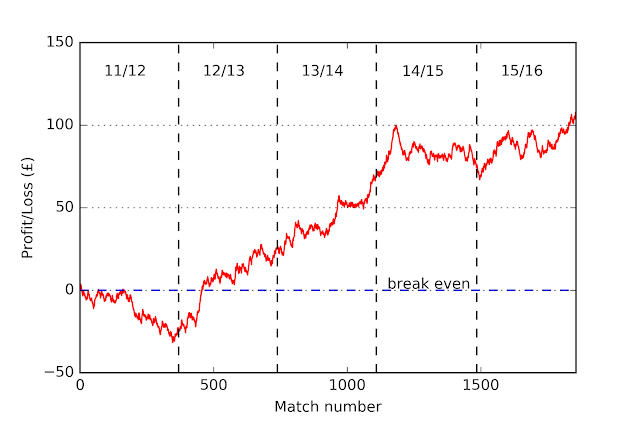Does January transfer spending improve results?

Last week the Sunderland chief executive, Martin Bain, warned that only "very limited" funds will be made available to David Moyes in the January transfer window (see here , here and here ). Bain said that Sunderland are “not going to be able to spend to get out of trouble” and that "we have reached a point where there has to be a time where you don’t have that short-term hit to plug the holes in the dam". The implication is that Sunderland have put their long-term financial health at risk in previous seasons by spending substantial sums in January in a last-ditch effort to retain their EPL status. While they have indeed survived their recent flirtations with relegation, is there any compelling evidence that winter spending actually improves results in the second half of the season? By out-spending their rivals, are troubled teams boosting their chances of staying up, or are they just using up previous financial resource that could be invested more carefully in t...








